Reverend Al Sharpton will deliver the eulogy on Tuesday at the funeral of Tyre Nichols, the Memphis man who was beaten and killed by five police officers following a traffic stop.
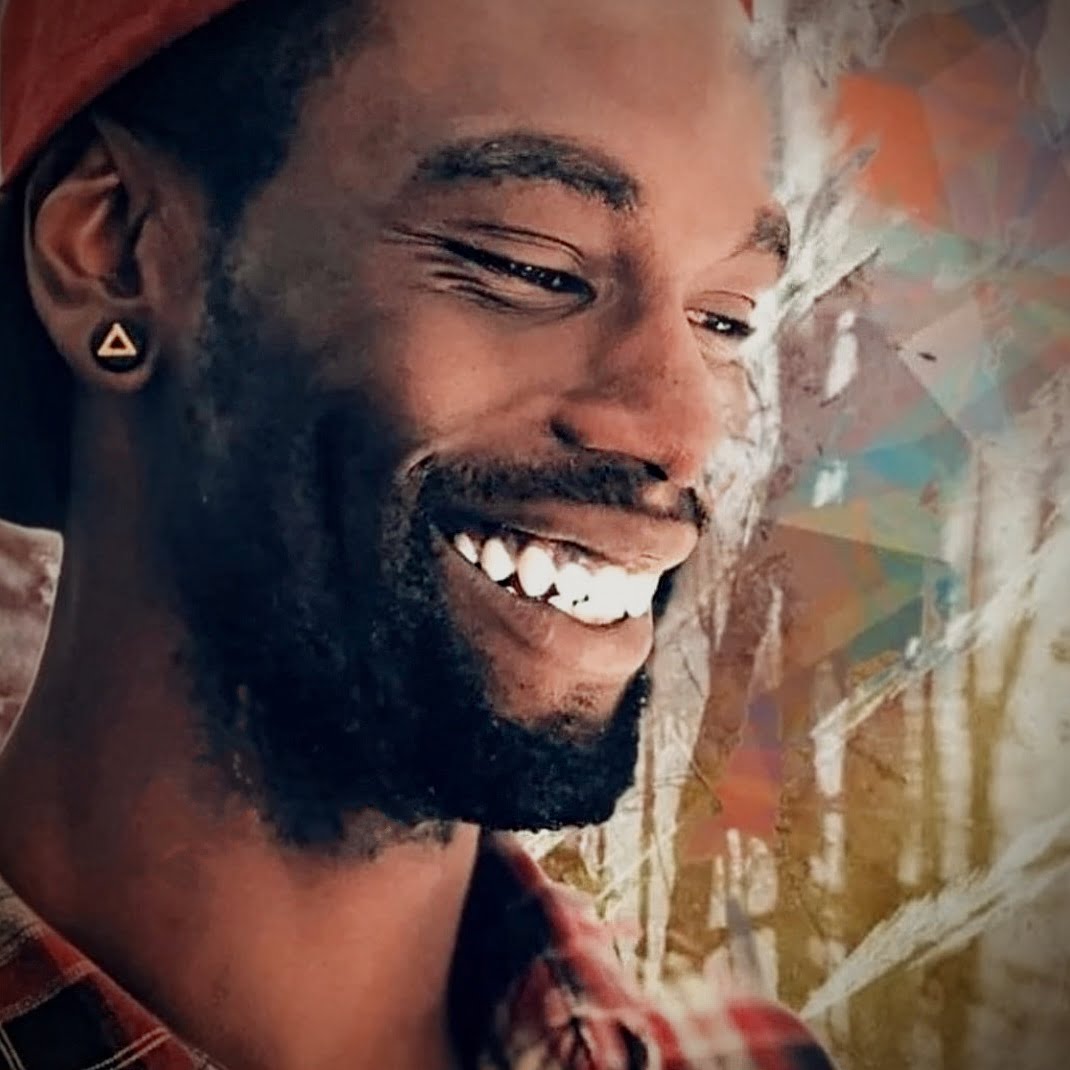

Reverend Al Sharpton will deliver the eulogy on Tuesday at the funeral of Tyre Nichols, the Memphis man who was beaten and killed by five police officers following a traffic stop.
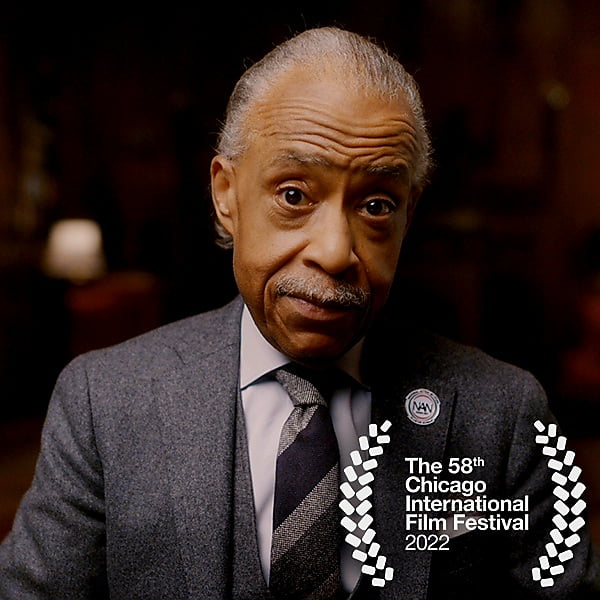
Loudmouth cuts through the clichés and assumptions surrounding the track-suit-wearing crusader to investigate the roots of his political engagement and his transformation into a media-savvy activist.

Civil rights leaders who met with NFL Commissioner Roger Goodell called for the League to establish specific recruiting and hiring procedures for executive and coaching positions, with meaningful consequences for teams that do not abide by the rules. The Rooney Rule, a policy established in 2003 that requires teams to interview candidates of color for […]
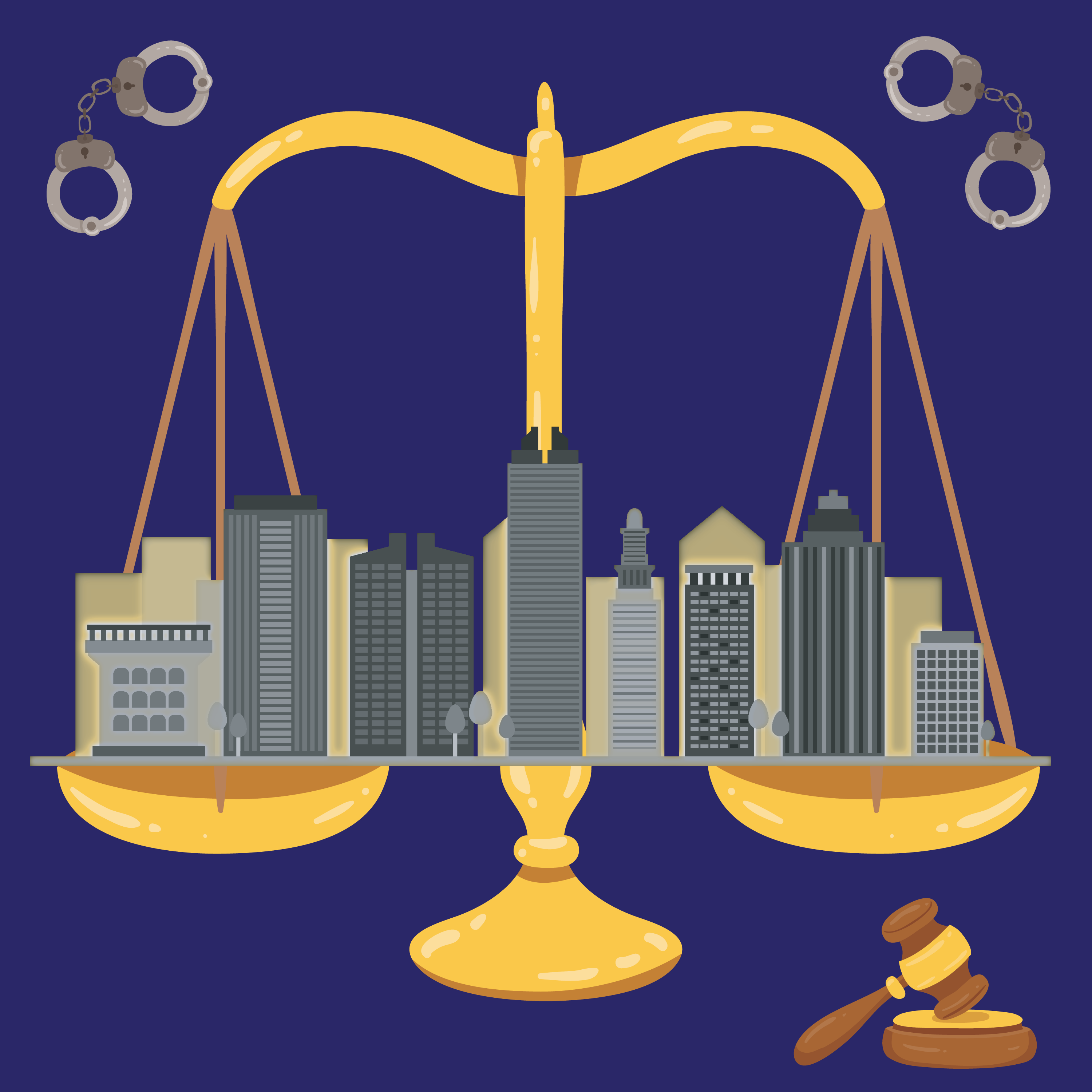
Today, November 11, through the trial of the killing of Ahmaud Arbery, William Bryan’s lawyer Kevin Gough shared some objections and concerns to the judge. Gough’s objection came from the presence of civil rights leader Reverend Al Sharpton being in the courtroom. He expressed to the judge, Judge Timothy Walmsley, that the presence of such […]
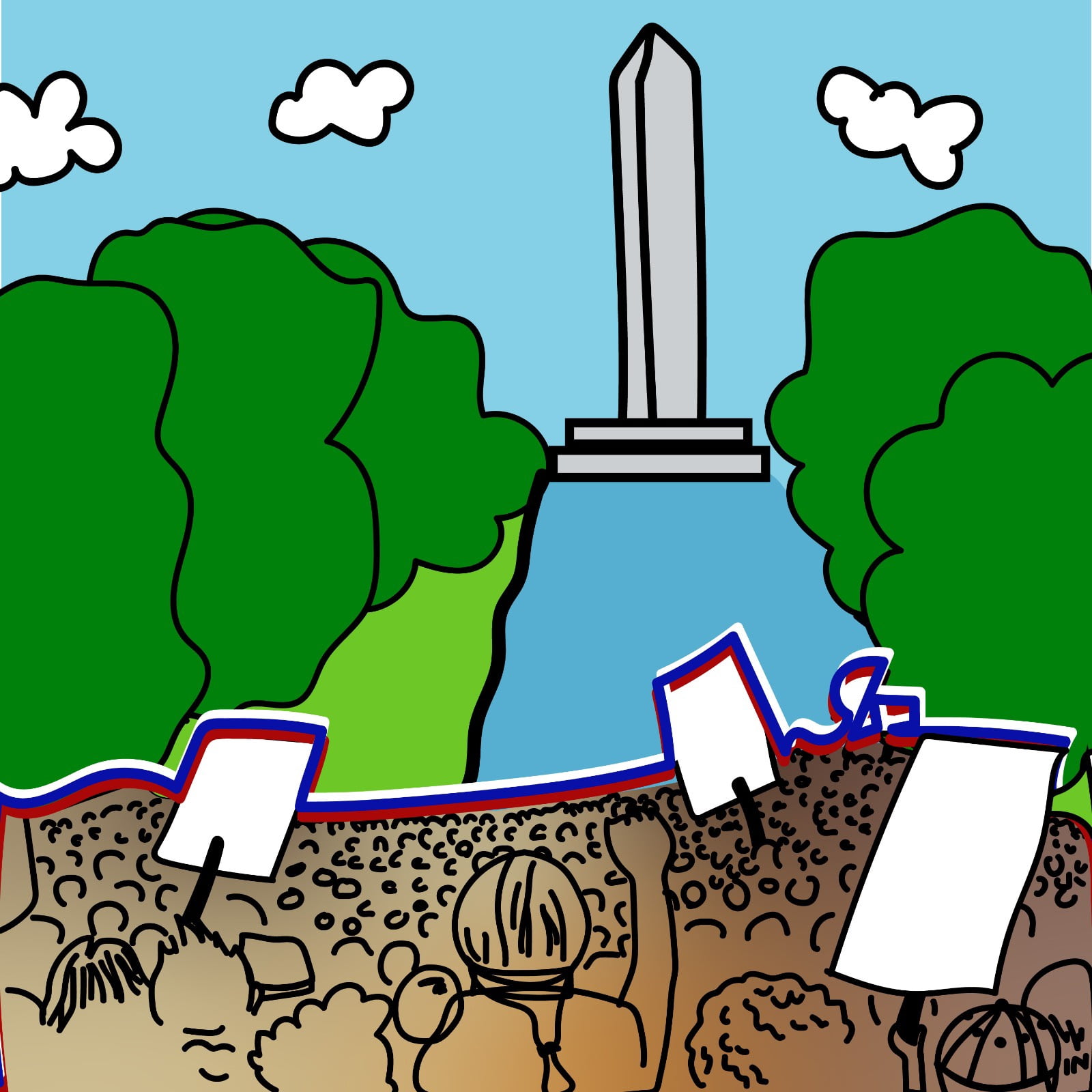
The organizers for the March On For Voting Rights announced legendary R&B singer and radio host Al B. Sure! and national radio host and activist Joe Madison will serve as co-MC’s for the August 28 event in Washington, DC. The two hosts will lead a day-long march through Washington, DC and the speaker’s program which […]



By Payton Saso On Friday, August 28, 2020, tens of thousands of Americans from all racial, religious and geographic backgrounds gathered in Washington, D.C. on the 57th anniversary of the historic March on Washington to recommit themselves to the fight for justice; a fight that calls for the eradication of systemic racism, police reform and […]
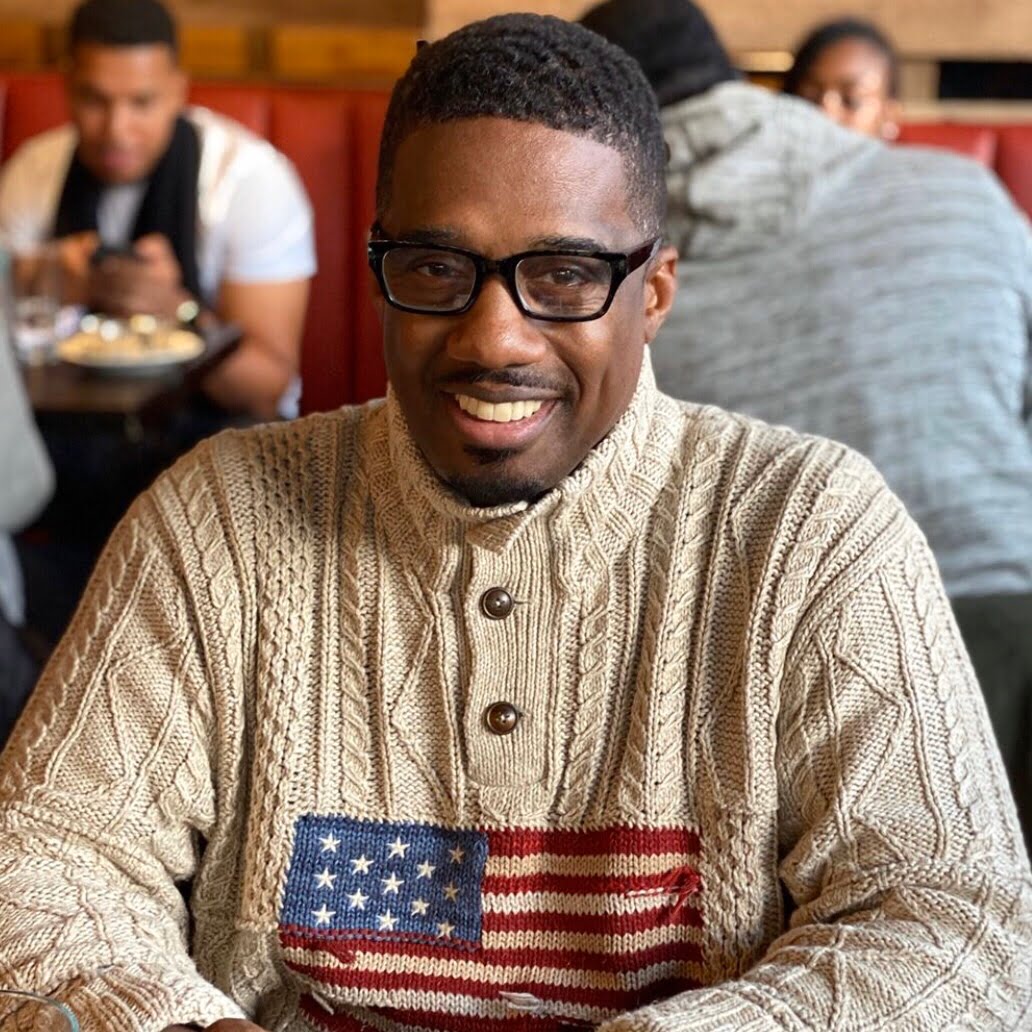

By Abigail Baldwin × Vaughn Lowery Earlier this month, 360 had the opportunity to sit down with the award-winning community activist William Anthony Allen. After many years of serving Harlem as a community leader and on its District Council, Allen is exploring the possibility of running for City Council serving the 9th District. Harlem has […]